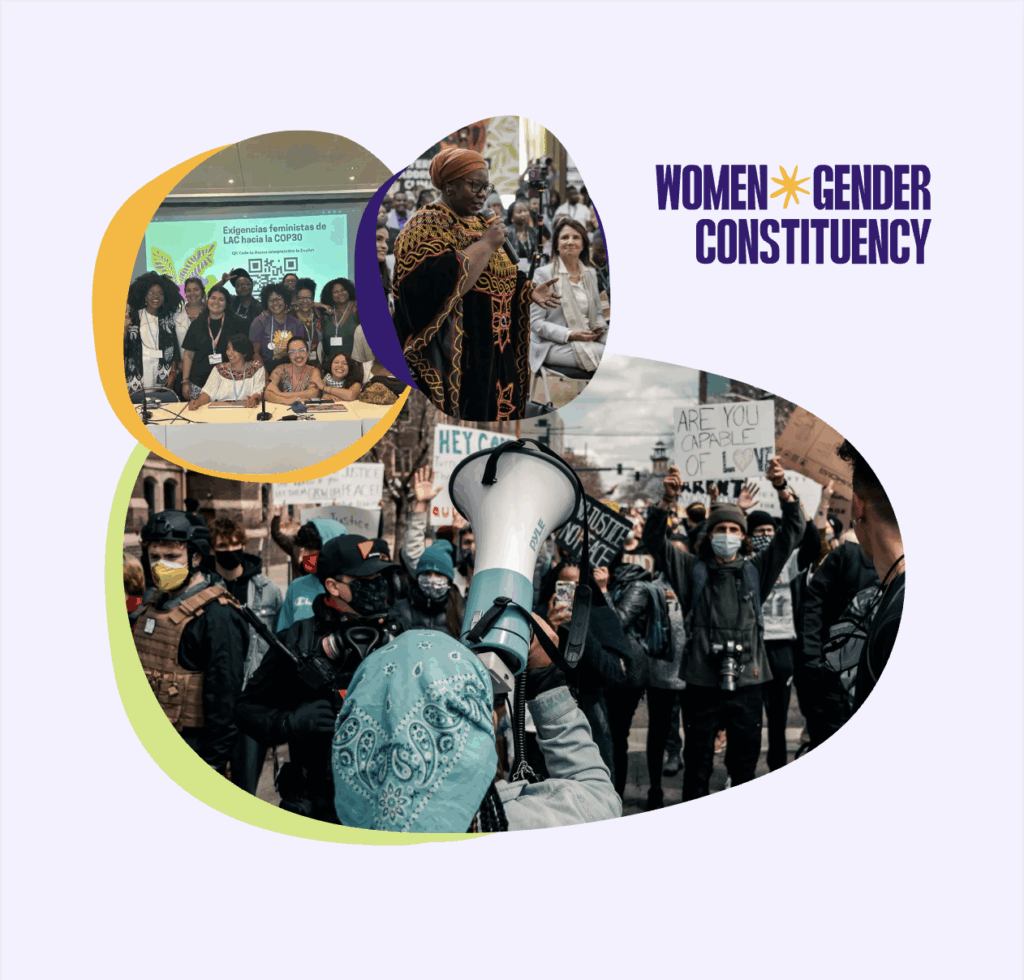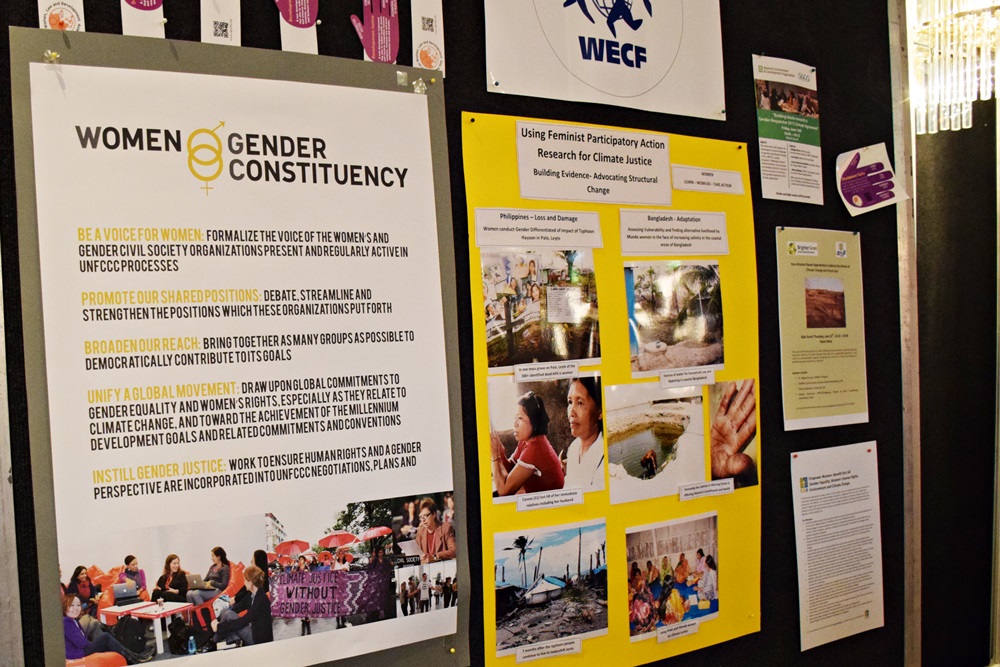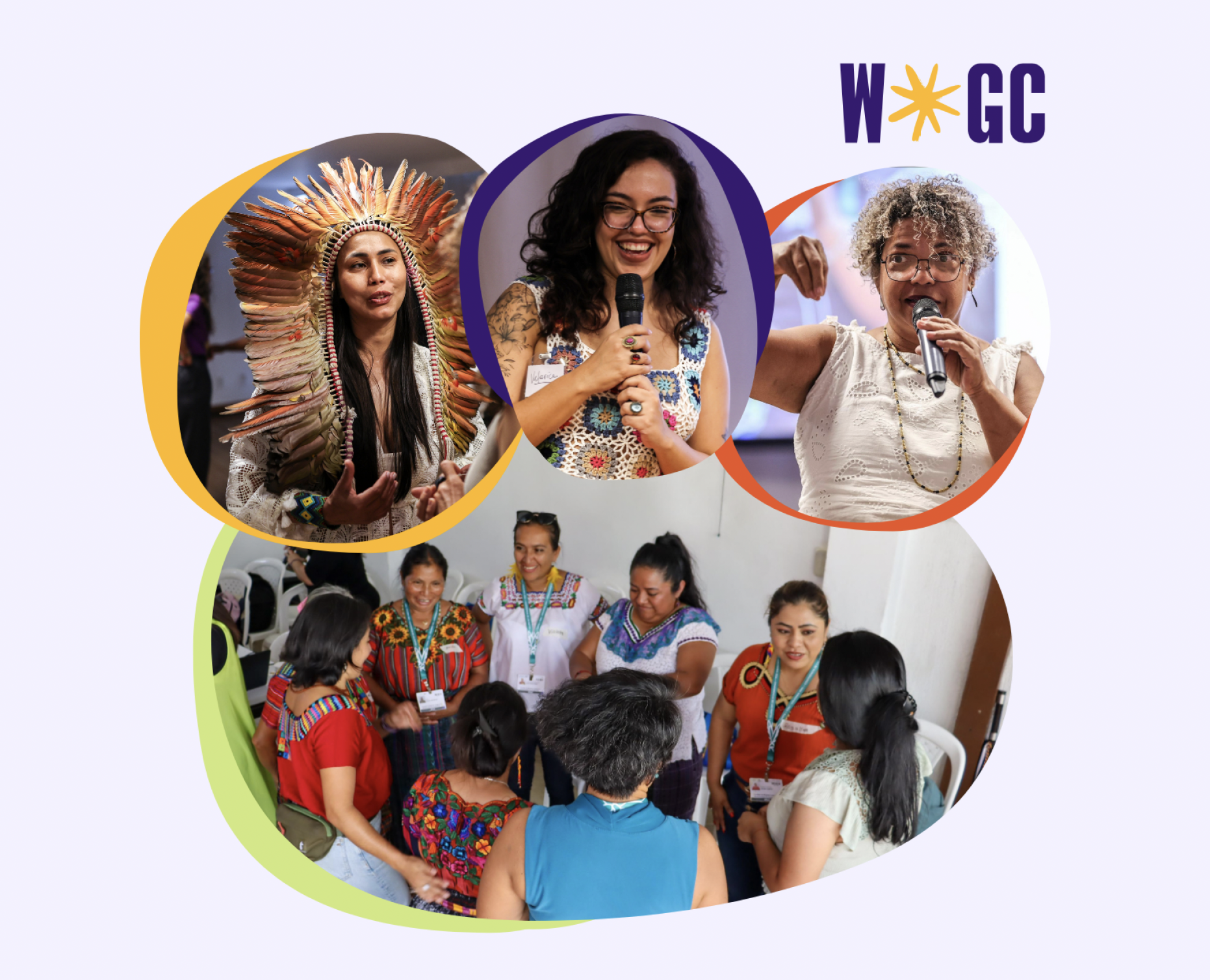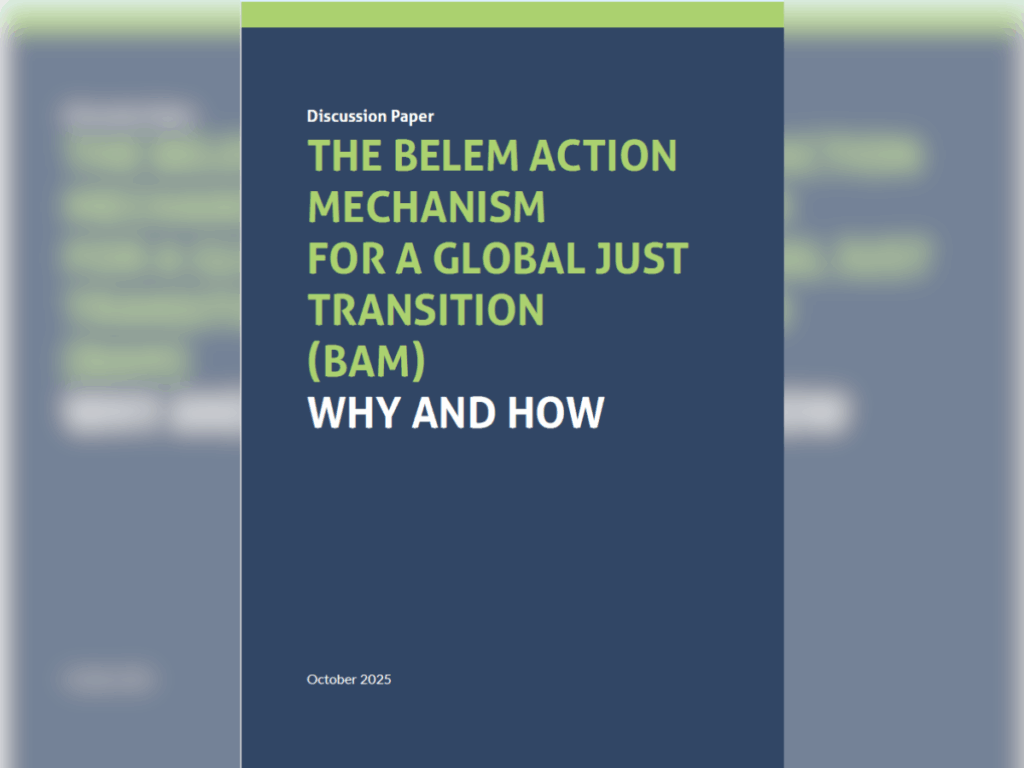
Women and Gender Constituency Position Paper on the 2015 New Climate Agreement

A just and gender-responsive climate agreement can take different forms, but fundamentally it will; respect and promote human rights and gender equality: ensure sustainable development and environmental integrity; require fair, equitable, ambitious and binding mitigation commitments in line with the principles of Common but Differentiated Responsibilities (CBDR); call for urgent and prioritized adaptation action and resources that respond to the most vulnerable countries, communities and populations; demand a sustainable energy paradigm that prioritizes safe, decentralized renewable energy systems that benefit people and communities; ensure adequate, new, additional and predictable climate finance for developing countries; provide resources to reconcile loss and damage already incurred from climate inaction; and, ensure full, inclusive and gender-equitable public participation in decision-making, with increased mandatory ex-ante and periodic human rights and gender equality impact assessments. It must ensure that gender equality, equal access to decision making, and benefit sharing are integrated into all its provisions, including through gender-responsive means of implementation. Sex and gender disaggregated data and analysis of the underlying causes of any gender disparities must be mainstreamed in all information, communication and reporting systems.
READ the full WGC Position Paper on the 2015 Climate Agreement
The Women and Gender Constituency (WGC) is one of the nine stakeholder groups of the United Nations Framework Convention on Climate Change (UNFCCC). Established in 2009, the WGC now consists of 15 women’s and environmental civil society organizations and networks, and hosts an advocacy list of over 100 women activists and gender experts who reviewed and contributed to this position.

